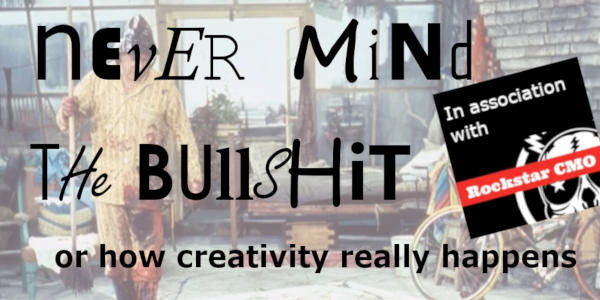The perils of vendor blogs for thought leadership, how the voice is the future of marketing and video as part of your personal branding.
The pointlessness of data sheets, the five Rs of content marketing, how the voice is the future of thought leadership and video as part of your personal brand
The effects of Black Lives Matter, Me Too and Climate change on brand emotion and sentiment and what brands are set for stardom post-Covid-19.
Brand emotion, employee branding, Persil’s “Dirt is Good” and why agencies need to create emotional points of difference.
Natasha agrees to give us five of the top myths of new business development – and you’re not going to believe what they are!
Are you so different that you’re just like all the other agencies? Steve will tell you if you are and what you need to do to stand out. Online meetings, cooking as therapy and the history of new business.
Pulling the plug on the MWC, 5G, cricket, sex toys as conversation pieces, punching upwards, workplace equality, food banks, podcasts and Arsenal. Anything but boring.
Alex Kirkpatrick joins Keith Smith for an unchained, off-its hinges literary review of Marshall Goldsmith’s What got you here, won’t get you there and Tom Cheesewright’s Future-proof your business.
Part One, take 2. The advertising supergroup Beehive sit down with Keith Smith and Ian Truscott of RockstarCMO to talk about what it takes to be creative.
Investor, business mentor, content marketing expert and media entrepreneur Sean talks about Esports, the new business industry and investment opportunities.
Interesting facts
The Fuel Podcast is brought to you with huge thanks to Matt Smith at Quijibo Design our friend, technical and artistic wizard.
Here’s where we live
Produced by Orchard Media Consultancy, based in Indianapolis, Indiana, USA.
Tel: +44 203 356 3717

